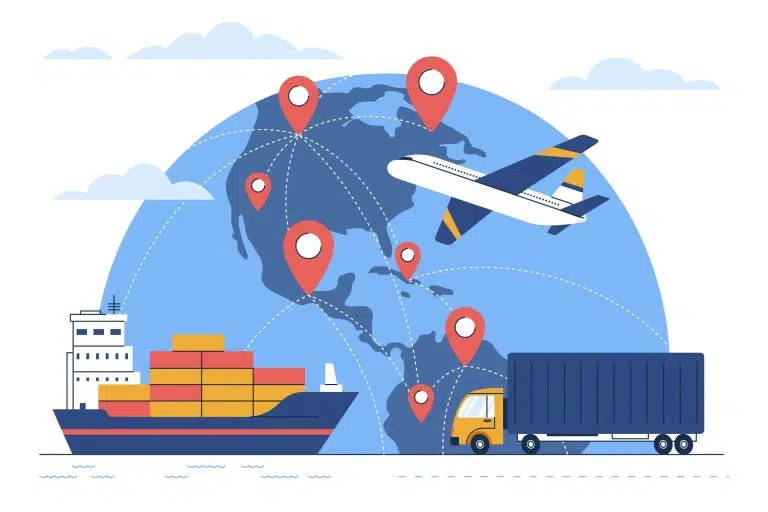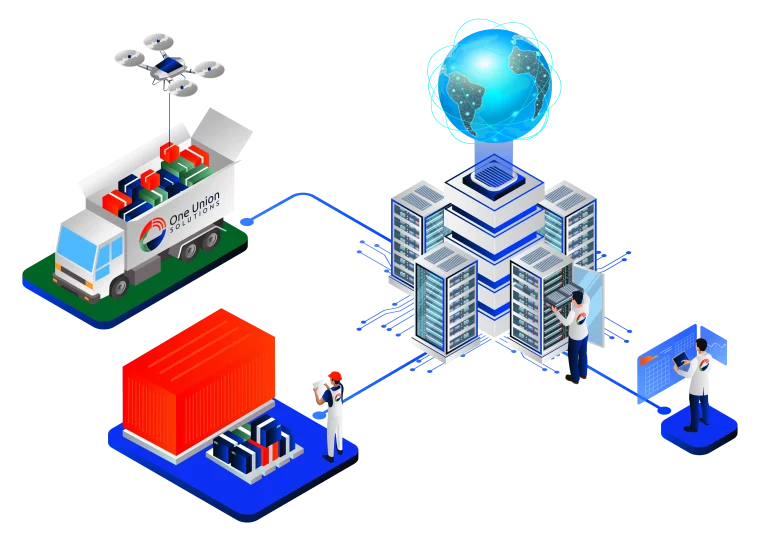Predictions and Trends for DDP Services in Ukraine’s Future
As the landscape of international commerce and logistics evolves, predicting the future of delivered duty-paid (DDP) services in Ukraine and the emerging trends that will define this critical aspect of global trade is crucial.
The ongoing digital transformation is one of the most important developments that will determine the future of DDP services in Ukraine. As technology improves and digital platforms become more widely used, customs clearance, paperwork, and tracking become easier. Businesses will find DDP services even more attractive due to the increased efficiency and lower paperwork from this digitization.
Infrastructure Enhancement: Ukraine’s strategic location has always been an asset to international commerce. To take advantage of this, Ukraine constantly invests in enhancing its logistics and transportation network.
Regional and international trade agreements: Ukraine’s participation in these will significantly influence DDP services. These agreements may facilitate commerce between Ukraine and its partners by standardizing customs procedures, reducing tariffs, and simplifying paperwork. Businesses should expect greater ease of use and lower costs for DDP services as these agreements mature.
The rise of online shopping is not limited to developed economies; Ukraine also benefits from this trend. More consumers and businesses will need efficient and trustworthy DDP services as they move their operations online. Companies that can facilitate easy international online transactions will lead this growth.
With global efforts to decrease the environmental effect of logistics, DDP services in Ukraine are likely to convert to more sustainable approaches. To do this, we must investigate eco-friendly packaging solutions, reduce emissions, and enhance transportation networks.
Recent disruptions in global supply networks have put resilience in the supply chain in the spotlight. DDP services that allow for efficiency and the ability to react quickly to impediments will become more attractive to businesses as they seek to maintain a continual flow of commodities.
The expedited customs clearing processes reflect our dedication to quality and include on-time cargo pickup, precise paperwork filing, and cargo insurance as an optional extra. At One Union Solutions, we value open communication with our customers; as such, we take care of all taxes and responsibilities upfront. We have a proven record of accomplishment of system optimization and improvement, which allows us to serve our customers with uncompromising professionalism and attention to detail, making international trading a streamlined and trustworthy procedure.


